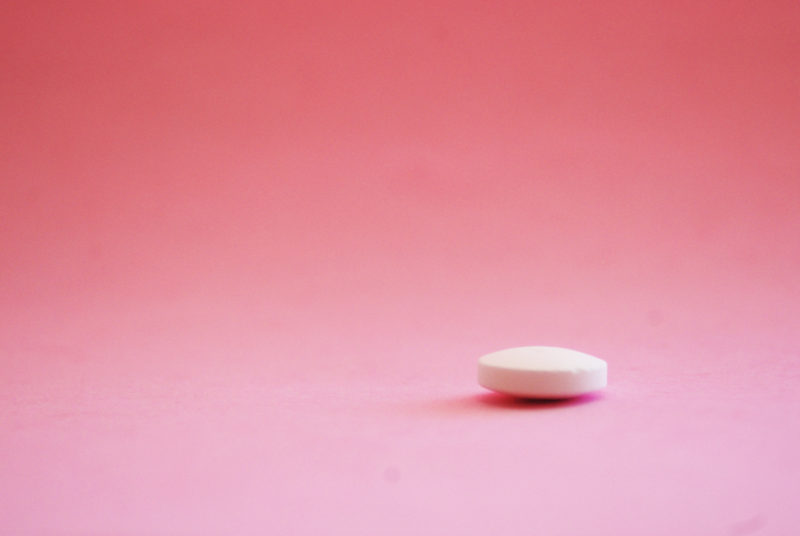
Let’s Get it Right With Black Women and Emergency Contraception
Sometimes, politics trumps common sense. A recent study analyzing media coverage of emergency contraception (EC), also known as the morning-after pill, concluded that the politics of EC overshadowed critical public health information in news articles. The dearth of public health information about EC is especially important for Black women, who are at greater risk of unintended pregnancy and for whom certain types of EC may be less effective.
In 2013, news broke that research shows emergency contraceptive pills made with the hormone levonorgestrel, like Plan B One-Step®, may be less effective in women over 165 pounds and completely ineffective in women weighing over 176 pounds. The average weight of Black women in the United States is 187 pounds. EC pills made with the chemical compound ulipristal acetate, sold under the brand Ella® in the United States, are more effective in women of higher body weights but efficacy is thought to decline at higher weights. In the scientific community, there is an ongoing debate regarding the exact weights and effects but experts agree that there is a risk of EC not working in women of higher body weights.
For Black women, who are more likely to be overweight or obese and more likely to lack financial access to daily birth control, access to Ella® and the copper intrauterine device (IUD) marketed as ParaGard® in the United States are critically important. ParaGard® is the most effective type of EC regardless of weight and is 99 percent effective at preventing pregnancy when inserted within 5 days of unprotected sex. The IUD is also a form of EC that may be the hardest to get. It must be inserted by a provider and if not covered by insurance, could cost nearly $1,000. Many women don’t have that kind of cash on hand.